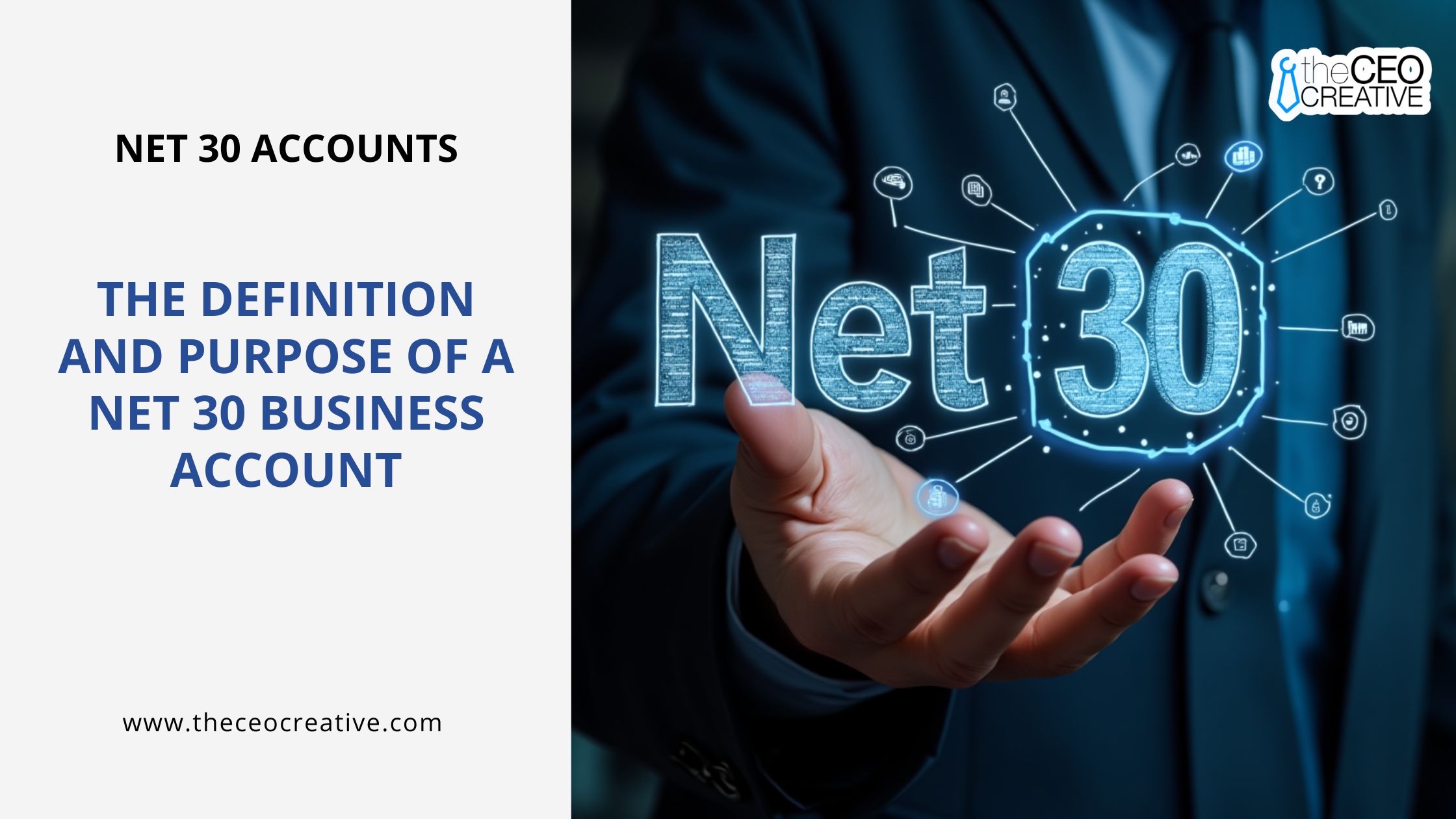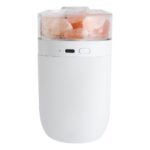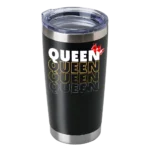| Summary
Net 30 business accounts offer small businesses the flexibility of 30 days to pay invoices, improving cash flow and reducing financial stress. This payment option also helps build business credit and strengthens relationships with vendors, opening opportunities for growth. |
Net 30 business accounts offer small businesses the flexibility of 30 days to pay invoices, improving cash flow and reducing financial stress. This payment option also helps build business credit and strengthens relationships with vendors, opening opportunities for growth.
Managing your business payments smoothly can increase your cash flow and build strong supplier relationships.
However, many small businesses struggle with immediate payment deadlines that affect their finances and limit growth opportunities. Nearly 22% of the US small businesses struggle to pay bills due to limited cash flow. This cash flow challenge often results in common problems such as:
- Difficult to cover expenses during slow sales periods
- Less time to generate revenue before paying invoices
- Strained relationships due to late payments
This is where Net 30 accounts can help. To make the most of this payment option, it is important to understand the key terms of Net 30 business accounts and how they impact your business. Let’s first start with the definition and purpose of Net 30 business accounts.
What is a Net 30 Account?
Net 30 is a common payment term that gives you 30 days to pay the full invoice. This 30-day period includes weekends and holidays and is mostly used in business-to-business transactions. While it is not a traditional credit card, a Net 30 credit card functions like a short-term line of credit, which gives businesses more time to pay for essential purchases without interest if payments are made on time.
For example, various Net 30 approved suppliers do offer office supplies that you can order now and pay 30 days later under their program.
Benefits of Using a Net 30 Business Account
1. Improved Cash Flow Management
Cash flow is like the lifeblood of your business. Keeping it steady means you can pay your bills and grow without money worries.
- Extra Time to Make Sales: With Net 30, you have 30 days from when you get an invoice to pay your supplier. This means you can sell your products or services and collect money from customers before you pay your bills.
- Less Financial Stress: You don’t have to pay everything upfront. This flexibility helps you avoid money problems during slow sales or unexpected expenses.
2. Build Business Credit
A strong business credit history is important if you want bigger loans, better supplier terms, and a solid reputation. Many suppliers offer Net 30 business credit cards, which not only give you purchasing flexibility but also help build your credit profile when used responsibly. They help you to:
- Show You’re Reliable: When you pay your Net 30 invoices on time, it shows you are trustworthy. This gets reported to business credit agencies and can raise your credit score.
- Open New Opportunities: A better credit score can help you get larger credit lines, lower interest rates, and more financing options to help your business grow.
3. Strengthen Vendor Relationships
Suppliers aren’t just vendors— they are partners in your success. A Net 30 business account helps you build strong relationships with them.
- Prove Your Stability: When you pay on time, it shows suppliers that you are dependable. This can lead to better deals, like discounts for early payments or easier return policies.
- Gain Negotiation Power: Trusted payment history gives you the chance to negotiate better terms, such as longer payment deadlines or exclusive access to products.
Conclusion
A Net 30 business account can really help you handle your small business’s money. It gives you a full 30 days to pay for things you buy, which is like a financial net. This extra time helps you to better manage your cash flow and even jump on chances to grow your business. Whether your income is up and down or you are aiming to grow your business, using Net 30 for business credit can be a smart strategy for managing finances and building trust with vendors. Always look for a trusted Net 30 office supplies vendor who offers flexible payment options to support your business needs.
Frequently Asked Questions
Who typically uses net 30 terms?
Net 30 terms are commonly used by small businesses, startups, and growing companies that need flexibility with cash flow. They’re especially popular in B2B industries like wholesale, manufacturing, construction, and office supplies, where businesses regularly purchase goods and services from vendors.
How do Net 30 accounts help build business credit?
Many Net 30 vendors report your payment activity to major business credit bureaus. Paying invoices on time helps establish a positive payment history. Over time, this can improve your business credit score and credibility.
Who qualifies for a Net 30 business account?
Most Net 30 vendors require a registered business, an EIN, and basic business details. Some vendors may also ask for a business bank account. Startups and new businesses can often qualify with starter Net 30 programs.
Is a Net 30 account the same as a business credit card?
No, a Net 30 account requires full payment within 30 days. Business credit cards allow you to carry balances and charge interest. Net 30 accounts are typically interest-free when paid on time.
What happens if you pay a Net 30 invoice late?
Late payments can result in late fees or temporary account suspension. Some vendors may report late payments to credit bureaus. Repeated late payments can harm your business credit profile.
What should you buy using a Net 30 account?
Office supplies, shipping materials, and marketing services are common Net 30 purchases. These are recurring business expenses that are easy to manage. Using them responsibly helps maintain steady cash flow and build credit.








